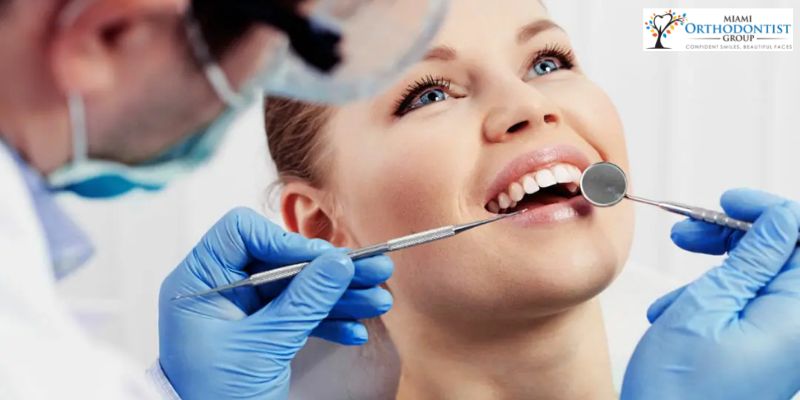From childhood, you would have been familiar with the standard order of brushing your teeth twice daily, visiting the dentist for an oral checkup, and practicing daily flossing.
Everyone deserves to smile confidently, no matter who they are or what phase they are in. So, when you decide to improve your smile, know that you have just made the best investment that will also boost your general health.
When your gum suffers a buildup of excessive plaque, it leads to inflammation over time. People who do not carry out proper dental hygiene are susceptible to gum diseases.




